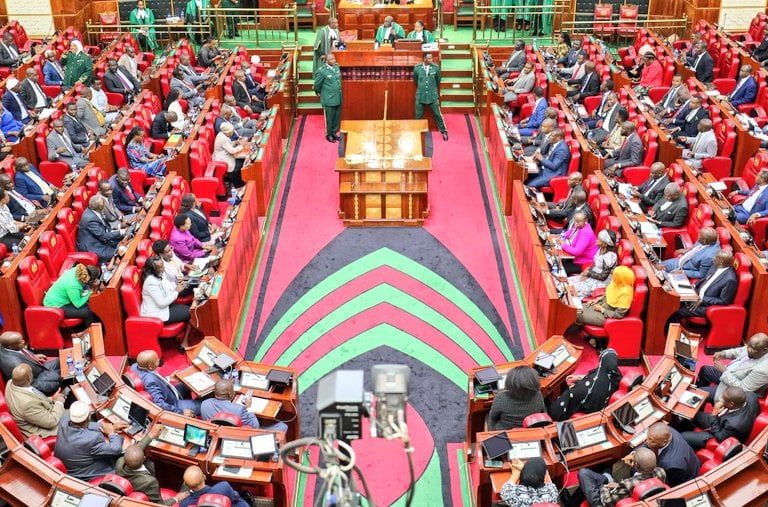Budget proposals might make construction costly
By Victor Mukabi, May 2, 2025The cost of construction might surge further as Kenya continues to leverage regional members to access float glass to meet the local demand of glass products. This is as new Finance Bill excludes regional markets from relatively high excise duty.
Float glass is a raw material used in the manufacture of different glass products, laminated, clear, used in the construction industry for making windows, doors and coffee tables
In the draft Finance Bill 2025 presented to the National Assembly on Wednesday 30, by the National Treasury CS John Mbadi, the Bill seeks to exclude the 35 per cent or Sh200 per kilogramme excise duty on imported float glass from the East African Community (EAC) member countries.
Initially, the excise duty as stipulated in the current tax laws, was applicable to all imports meaning that it was also expensive importing from the member states.
Now, if the Bill goes through, Kenya will be majorly getting most of the commodity from leading float glass manufacturing countries in the region.
Tanzania is currently the largest manufacture and exporter of the commodity following the multibillion investment of a glass manufacturing plant in the country by a Chinese firm in 2016.
Costly construction
When the Bill was being proposed last December, major importers and suppliers during a public forum by the National Assembly Finance and Planning Committee argued that that this would potentially hike the prices of associated products in the country making it difficult for ordinary citizens to afford the product. They argued that the country does not have manufacturers of the product and that this would also affect the construction sector. They had argued that the excise duty on the commodity would increase cost by 95 per cent as the average cost per square metre for the float glass as the raw material goes for Sh1,454 per square- metre.
At the same time, if the new bill is fully adopted, the construction sector in the country would receive some relief as it would be cheaper to import from the region.
The sector, which the national treasury wants to boost alongside manufacturing performed dismally in the last quarter of 2024 having contracted by 2.0 per cent, compared to 4.0 per cent growth in the third quarter of 2023, as a result of the increase in prices of input items such as cement, according to data by the Kenya National Bureau of Statistics (KNBS).
More Articles

